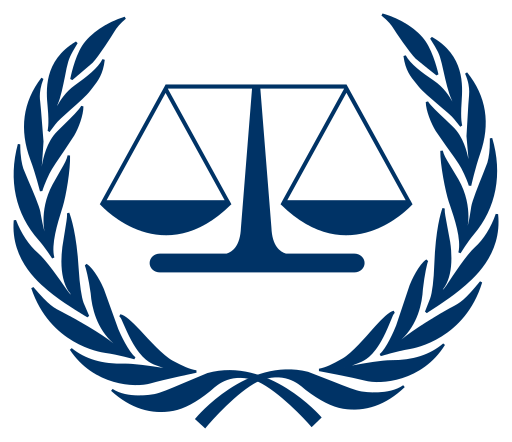
In March of 2003, the United States launched an illegal war of aggression against Iraq.
The US regime promoted that illegal war of aggression, starting well in advance, through the manufacture and repetition of falsehoods for the purpose of cultivating fear over non-existent threats, and loathing over non-existent connections between the Iraqi regime an the perpetrators of the 9/11 attacks.
In the execution of that illegal war of aggression, thousands of American troops and hundreds of thousands of Iraqis died.
Twenty years later, none of the American culprits in that deadly deception operation have been brought to justice. Some — for example, secretary of defense Donald Rumsfeld and secretary of state Colin Powell — have since died. Others — for example, president George W. Bush, and national security advisor Condoleeza Rice — remain not just alive and at large, but even prominent, influential, and widely respected.
As for “opinion leaders” who supported the war because they believed the US regime’s falsehoods, there’s a split.
Some have openly admitted their error and apologized for it; among those, some have even managed to resist subsequent temptations to support American military adventurism abroad.
Others, while admitting they were fooled by specific falsehoods, have continued to defend the war as justified because, simply put, Saddam Hussein was a bad man. Most of those commentators have subsequently supported other US military misadventures in the name of “defending democracy,” etc.
And still others continue to defend the falsehoods themselves. For example, despite a grand total of zero post-1991 chemical weapons, and zero chemical weapons demonstrably controlled by Saddam after 1991, ever being recovered — Bush himself joked about that later — some insist that the weapons were there and that they and the equipment used to make them were spirited away in truck convoys to Syria even as US aircraft flew over, and US troops converged on, the sites where they were supposedly manufactured and stored.
Some were fooled, eventually noticed, and resolved to never get fooled again. Some were fooled, eventually noticed, but were gullible enough to fall for the same tricks again and again. Some were fooled and remain fooled to this day.
That’s how it goes, I guess.
But it’s incumbent upon that first group, and on those who were never fooled in the first place, to take George W. Bush’s words to heart:
“There’s an old saying in Tennessee — I know it’s in Texas, probably in Tennessee — that says, fool me once, shame on — shame on you. Fool me — you can’t get fooled again.”
And, having taken Bush’s malapropic advice, to pass it on to subsequent generations by continually asserting and insisting on the irrefutable historical fact:
In March of 2003, the United States launched an illegal war of aggression against Iraq.
Thomas L. Knapp (Twitter: @thomaslknapp) is director and senior news analyst at the William Lloyd Garrison Center for Libertarian Advocacy Journalism (thegarrisoncenter.org). He lives and works in north central Florida.
PUBLICATION/CITATION HISTORY


